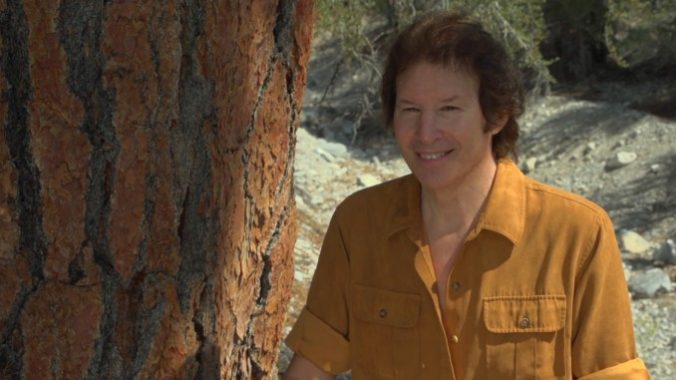Fateful Findings: The Room for the Next Generation of Bad Movie Lovers

Over the years, we at Paste have watched a lot of bad movies. Some of the really bad ones, we sought out intentionally. But a bad movie doesn’t transcend its badness, becoming so-bad-it’s-good, just by having a giddy little-kid premise—like a velociraptor pastor or a bed that eats people—or a complete inability to execute its vision. There’s a sweet spot where ineptitude meets ego. Where creativity collides with absurdity. Where earnestness has never even considered irony. When these stars align, failure alchemically morphs into success. It’s a place of sublime sincerity, where misplaced ambition can find an appreciative audience, exhausted by mainstream complacency. In this place, Icarus is a hero; nobody remembers Daedalus’ successful flight. The Room, Tommy Wiseau’s alien elegy for a wounded heart, was the entry point to this corner of bad movies for many. But as it fades into self-awareness, aspiring bad-movie devotees should look right next to it on the Mt. Rushmore of bad movies and find Neil Breen’s Fateful Findings.
Premiering a decade after The Room (and a decade ago), 2013’s Fateful Findings boasts everything that made Wiseau’s game-changer so irresistible. Its legacy has none of the post-boom “it’s a comedy” retconning or Rocky Horror overkill that its creator has tried to capitalize on. Breen isn’t here to play the game. He’s not going to pretend to be “in on it.” He’s everything Wiseau was when he made The Room: Mysteriously wealthy, recklessly self-sufficient, thematically obsessive. His work is so deeply strange that anything recognizable as human adds new insights into Jung’s collective unconscious. It’s not just that Breen does everything himself. There are plenty of enjoyably awful vanity projects out there (GetEven and Fatal Deviation are great places to start). But Breen does it all so singularly that he can’t help but be an auteur—unknowable, yet instantly recognizable.
Breen makes movies that involve, as our resident bad movie expert Jim Vorel explains, “the oft-nude director playing an ultra-competent ladies’ man fighting for some sort of cause…head-spinningly bad editing, exploited young actresses, a near-total lack of proper audio recording, totally transparent criticism of ‘the corporations’ and lines of dialogue repeated so many times that you start to wonder if you’re watching some kind of avant-garde experiment in audience provocation.”
You understand why I’m such an advocate.
As Breen’s sixth movie, Cade: The Tortured Crossing, washes over those already calling themselves Real Human Breens, let me welcome you to his breakout endeavor. Fateful Findings is an ethereal, uncanny blend of a mystical Chosen One fable, a romantic melodrama and a political thriller.
It’s like The Room, in that it’s all sprung fully-formed from the forehead of one eccentric Zeus, and in that you have no idea what’s going to happen from scene to scene. It’s like All the President’s Men, if it ended with a montage of everyone involved with Watergate killing themselves, one after the other, after explaining to the camera that they messed up and want to die. Also, in this one, Robert Redford can teleport.
Dylan (Breen) is a put-upon mega-man. Everyone wants to fuck him, everyone wants him to write another novel and everyone wants to find out what kind of information he’s uncovering in his highly important, highly covert, highly off-screen hacking.
The plot of Fateful Findings involves Dylan reuniting with a childhood crush as he readies his vague exposé on…well, everything. “I’ve been hacking into corporate and government international secrets, all over the world,” he declares. All the while, he embodies the masculine qualities Breen treasures: A smug abstinence from medication, an intolerance for weakness, a jack-of-all-trades intellect, an inescapable sexual gravity, a nagging bossiness and a vague libertarian idealism befitting the Nevadan.
“I’ve got a damn master’s degree. In computer science. And I turn out to be a writer. Of novels,” Dylan’s voiceover explains.
He’s also a playful Casanova—seducing women by horking down a bite of undressed spinach while making an “Ain’t I a stinker?” face—but sex cannot control him.
-

-

-

-

-

-

-

-

-

-

-

-

-

-

-

-

-

-

-

-

-

-

-

-

-

-

-

-

-

-

-

-

-

-

-

-

-

-

-

-








































